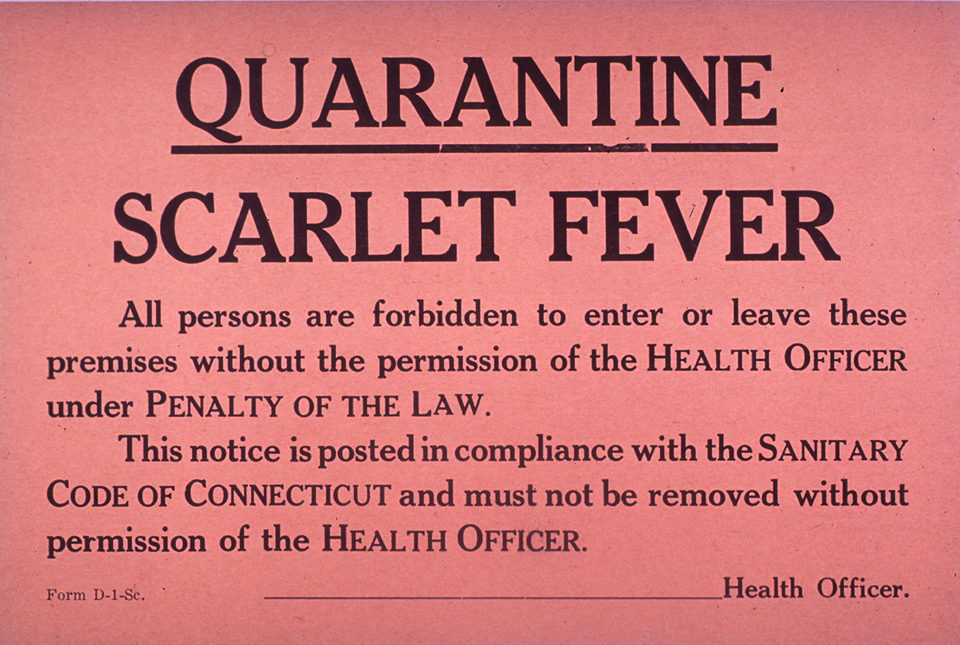We’ll miss Mr. Matthew Anderson as he takes off on a very much deserved vacation this weekend. The way Matt pulled off GodBlogCon is inspiring. I’m proud to call him one of my friends.
Login to read more
Sign in or create a free account to access Subscriber-only content.
